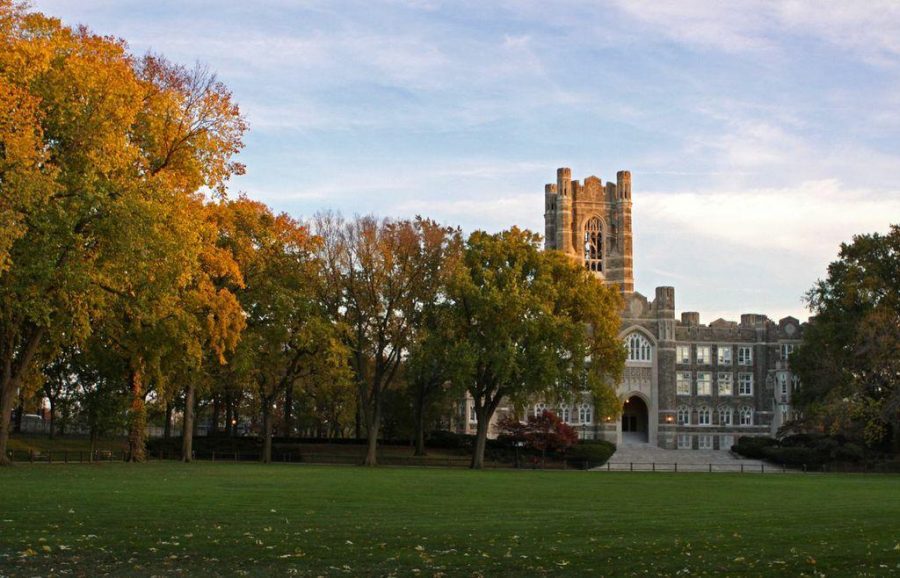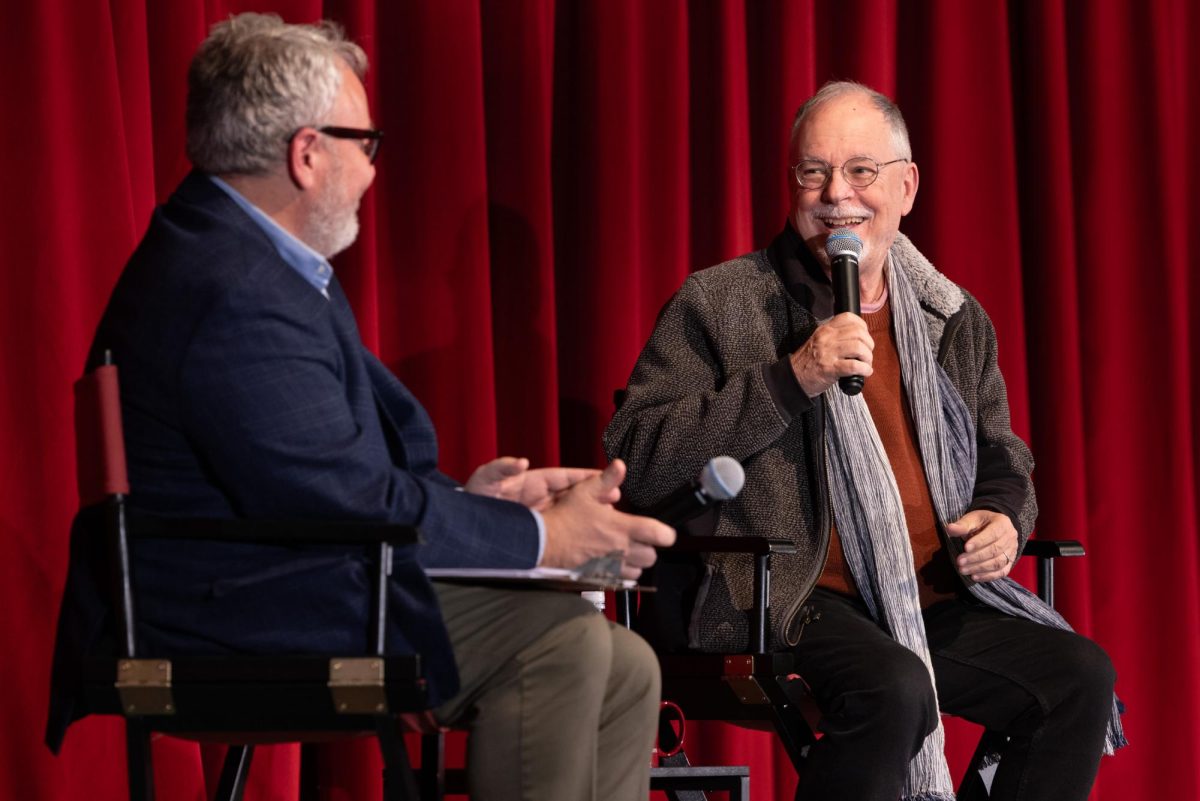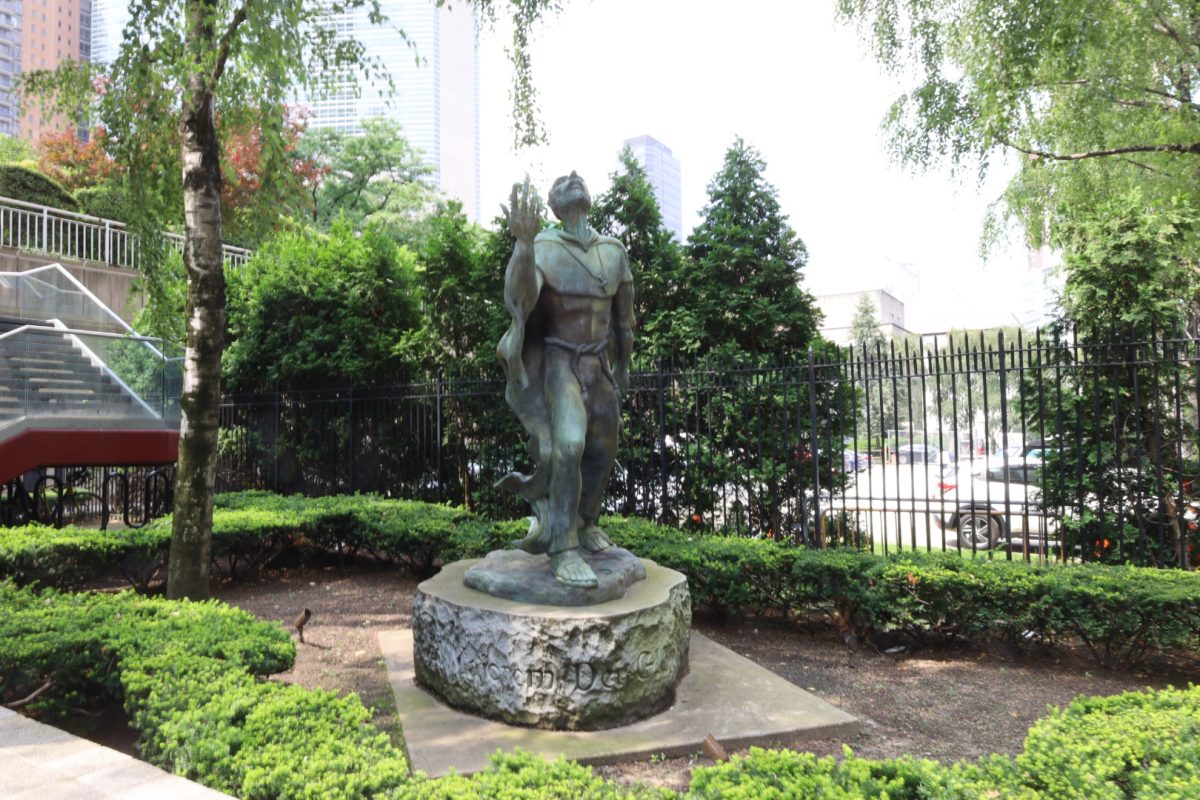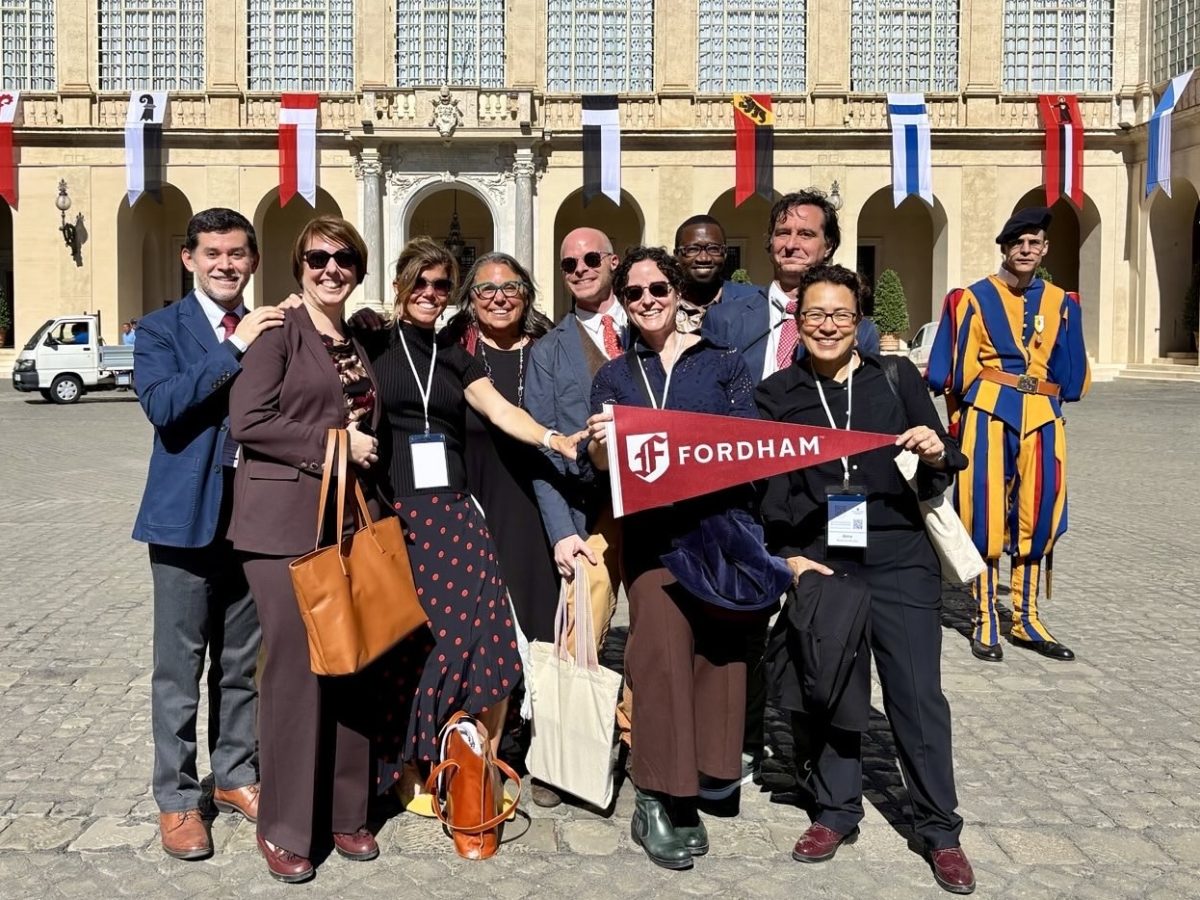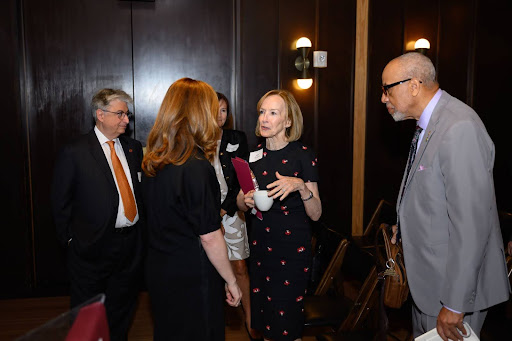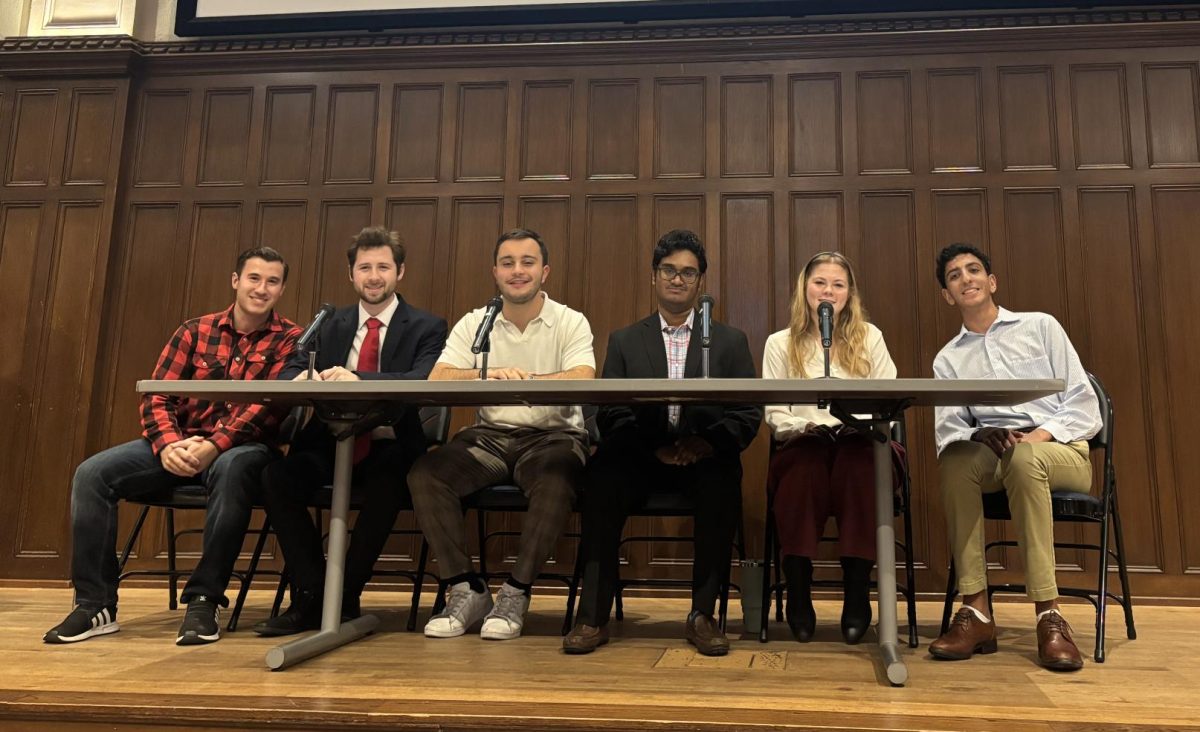By Katie Meyer
Fordham University is home to over 90 student clubs and organizations, nearly 30 of which are categorized as “academic.” But in recent memory, there has never been a club associated with one of Fordham’s major social science departments: Anthropology.
That is, until recently. Several students within the Anthropology department are taking it upon themselves to rectify their discipline’s lack of representation in extracurriculars. Their method? APES.
The acronym stands (quite appropriately) for Anthropology People Exploring Stuff. And as one of the club’s founders, Alex Gaylord, FCRH ’16 explained, that title essentially sums up the club’s mission.
“We really just wanted to have a forum for people who are interested in anthropology,” she said, adding that this includes both students studying anthropology, and also non-majors who are simply interested in learning more.
“The primary purpose of APES is to have fun with a subject that students can relate to from nearly any background,” Lindsey Canas, FCRH ’16, another founding member, added. “The discipline is so diverse; anyone can discover a niche that they identify with, and we welcome open discussions or new experiences that can help broaden our understanding of humanity and how people interact with the world.”
APES technically started towards the end of last spring semester. But Gaylord said that since they began advertising more and reaching out to more anthropology students this fall, their numbers have grown markedly.
“This semester we’ve gotten as many as 25 people at our meetings, where last semester we were pretty lucky to get ten or so,” she said.
As of now, APES is still not an official club, though the members are pushing to change that status by the end of this year. One of the requirements a proposed club must fulfill in order to be officially sanctioned by the university is meeting “a need not presently met by any other club, organization or department.” And according to its current members, APES does just that.
“I think it’s exactly what the anthropology program needs, because it’s all about people,” Becky Ferguson, FCRH ’16 said. “I knew very few anthropology majors outside of the research I was working on, and I think that the human connection is just really vital, especially for our major.”
Within the anthropology department, there are four sub-fields: cultural anthropology, archaeology, physical anthropology and linguistic anthropology. Although it is not one of Fordham’s bigger departments, Gaylord said that it can be difficult for anthropology majors to maintain academic relationships with each other, simply because they tend to have such different focuses and areas of study.
Kimberly Consroe, the club’s academic advisor said APES could change that.
“When I was a student, one of my favorite things was hanging out with people who knew the professors I knew, and who took the classes I took, and who ultimately had similar background interests in anthropology and archaeology,” she explained.
Consroe added, “What I’ve noticed here is that this program really needed to have a bit more camaraderie among the students, and the faculty too…we don’t have a place for kids to hang out and be able to meet one another and communicate with one another…those are the types of things that you hope you foster in an academic community.”
The club’s founders hope that this renewed sense of camaraderie extends to non-anthropology majors as well.
“Not many students outside of our department understand what we are studying or why we are so passionate about it,” Canas said. “I hope that we will be able to form connections campus-wide and help others gain an appreciation for what we’re working on.”
Gaylord agreed. Sometimes, she said, Anthropology gets ignored, or discounted as a serious discipline.
“I think people think it’s one of those departments were the work is just very generalized,” she said. “And sure it’s broad, but that’s really kind of a misconception. There are a lot of really interesting and specialized projects that are happening in our department. There are people who get research grants who do really cool things that I think should be acknowledged.”
“And,” she added, “Anyone can find an interest within this subject. Political science, communications, media studies — all that stuff is related to anthropology in really profound ways.”
“Plus,” Canas added, “who doesn’t love Indiana Jones?”



































































































































































































